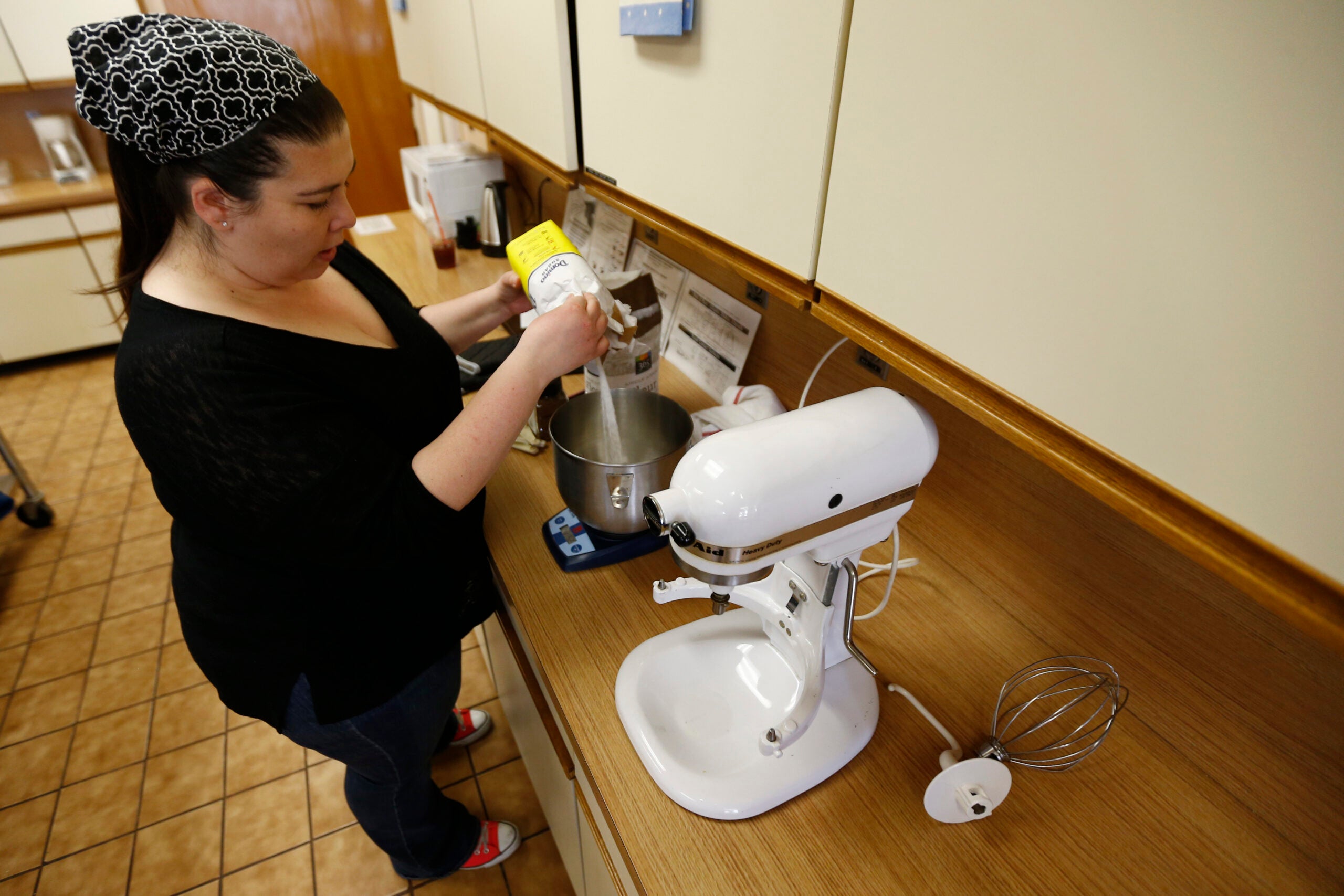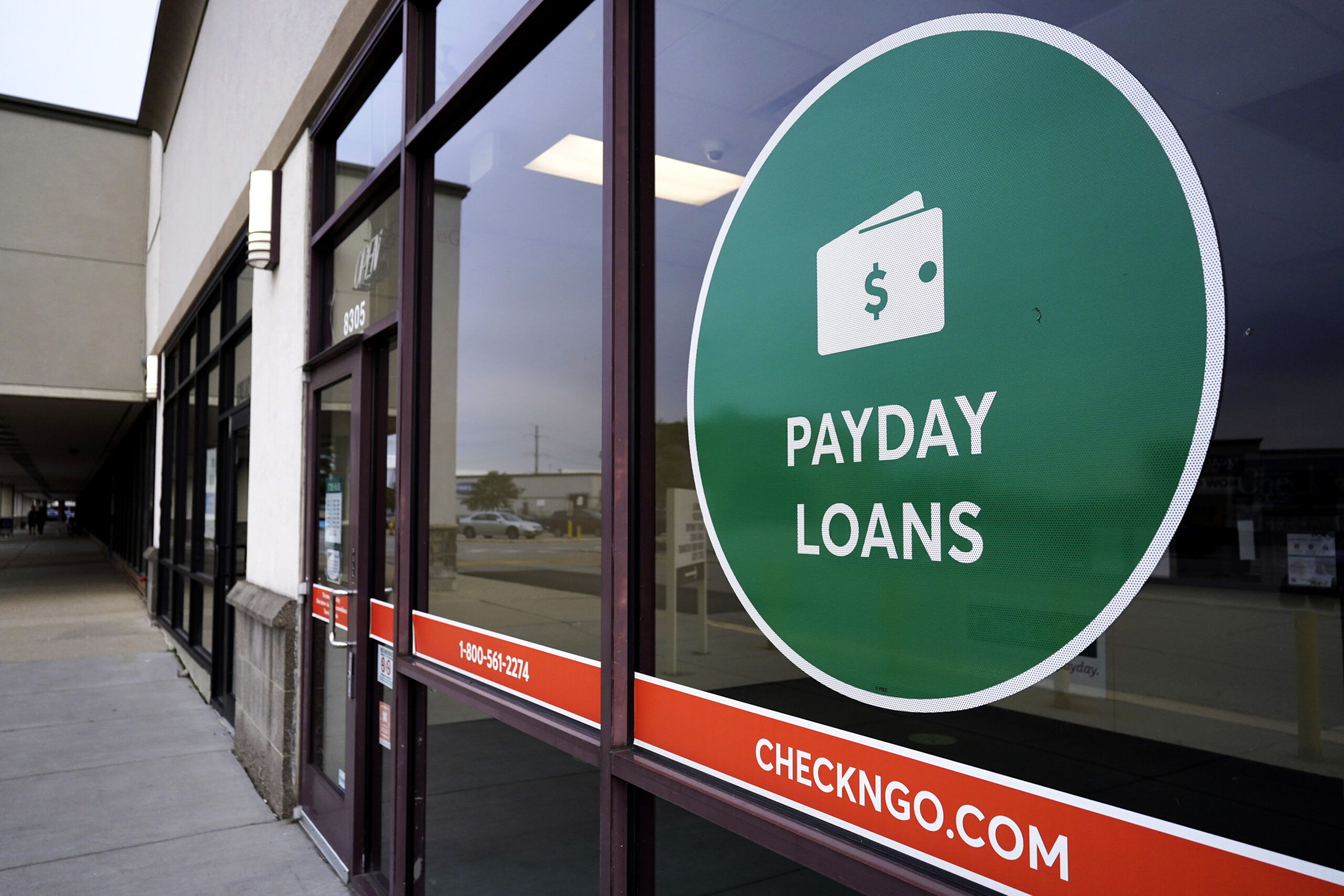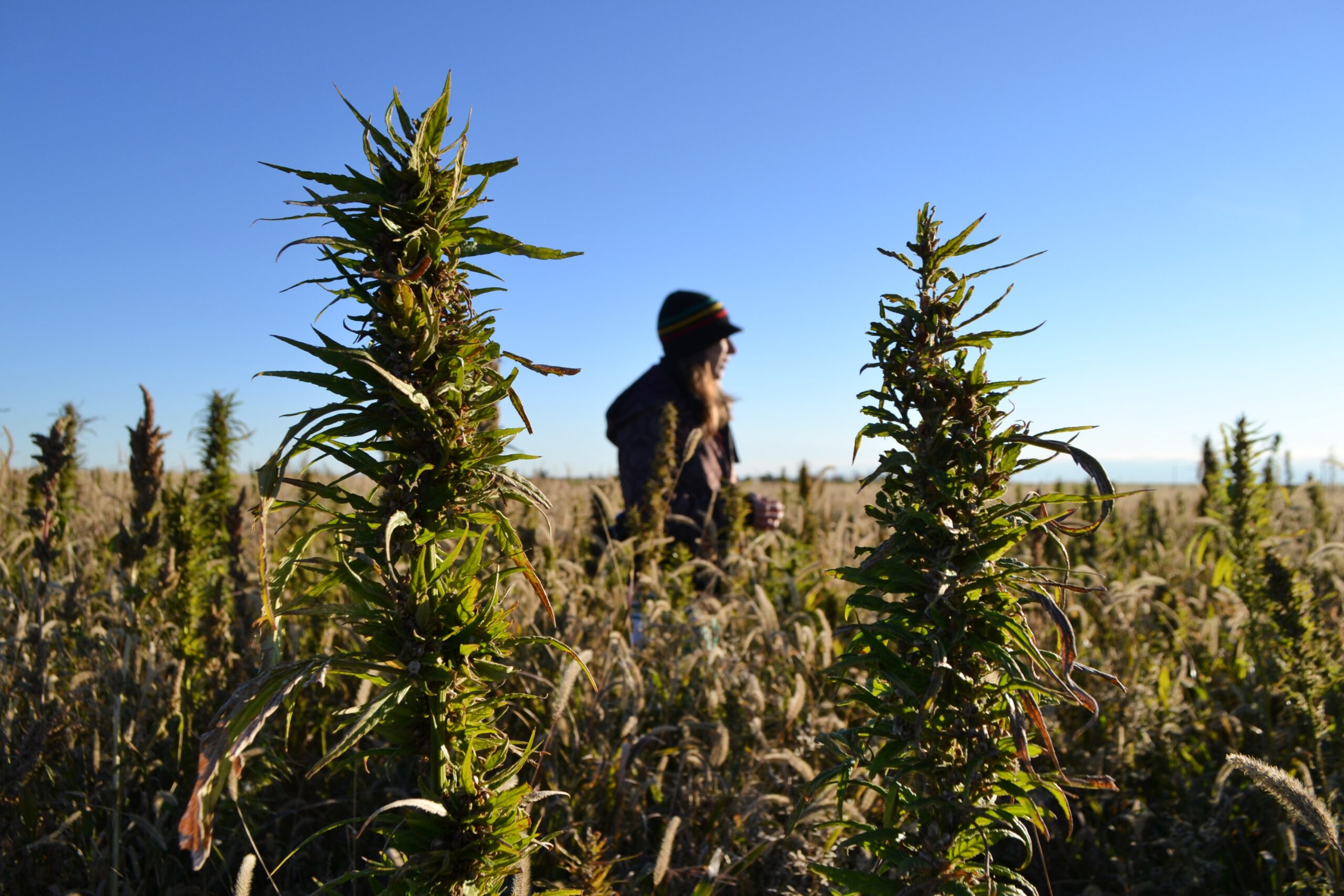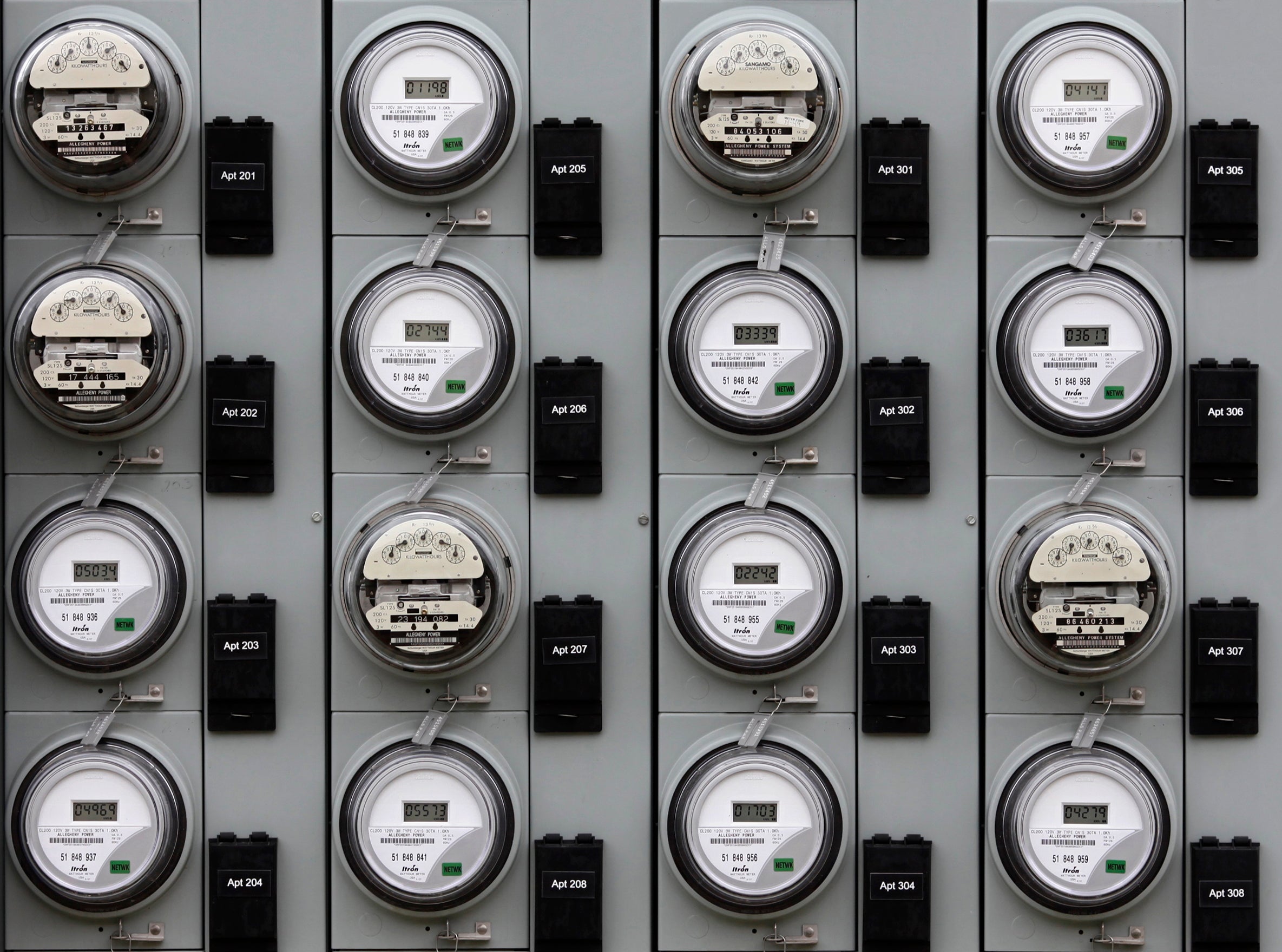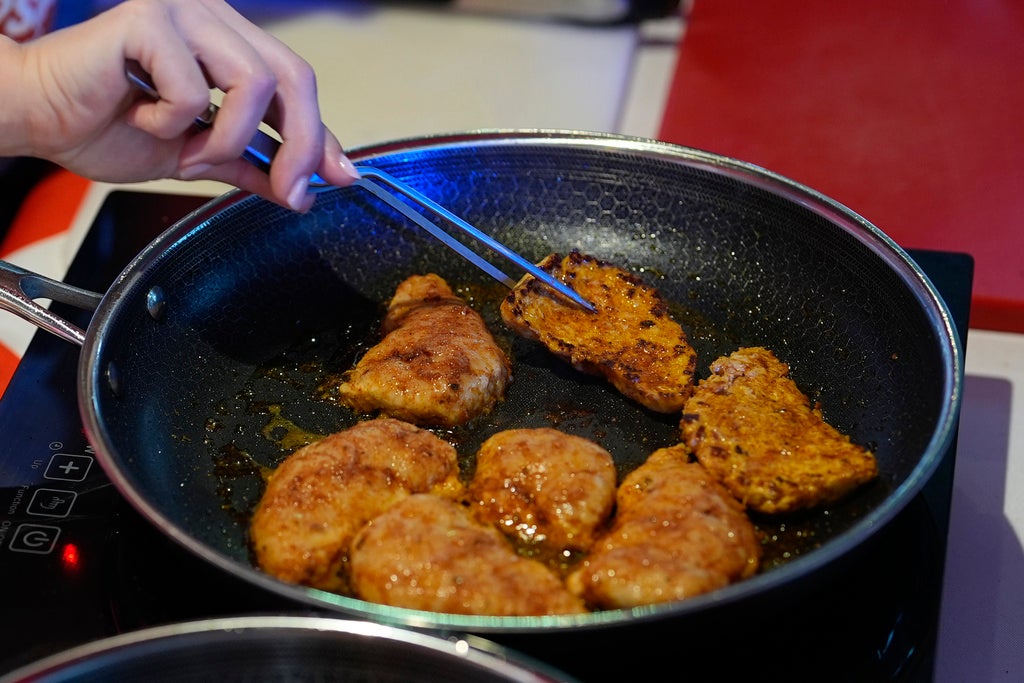Since 2017, Wisconsin’s home bakers have been able to sell a variety of homemade goods directly to consumers. But a new bill making its way through the state Legislature could limit the size of those cottage industries.
Assembly Bill 897 would cap sales revenue for home bakers at $20,000. Right now, people selling home-baked goods — or cottage food products — without a license have no limit to how much they can sell.
The bill would bring home bakers in line with home canners, who have had to operate under a $5,000 revenue cap since 2009 — though this bill would also extend the $20,000 revenue cap to home canners.
News with a little more humanity
WPR’s “Wisconsin Today” newsletter keeps you connected to the state you love without feeling overwhelmed. No paywall. No agenda. No corporate filter.
Jobea Murray is the board president of the Wisconsin Cottage Food Association. She said the proposed legislation would make it impossible for home bakers to earn a living.
“It would really limit our abilities as home bakers to run profitable businesses out of our homes, and utilizing our available resources of our home kitchens,” she recently told WPR’s “The Morning Show. “
Murray also owns and operates a home bakery called Jobea Bakes. As a mom of three young children, she said the flexibility of working from home has made her business possible.
“For my life, it’s such a great balance between being able to have a business and be a successful business owner and deciding what success means to me,” she said. “I don’t want the government to say that I can’t have my business out of my house once I hit a certain revenue.”
But supporters of the bill say the lack of regulation gives home-based sellers an unfair advantage over brick-and-mortar stores.
State Rep. Rob Summerfield, R-Bloomer, is among the lawmakers to introduce the bill. In a statement, he said the $20,000 revenue cap was chosen as “the starting point dollar amount.”
“Since introducing this legislation and starting the committee process, I am looking into this dollar amount further and I am open to changes on the necessity of a cap and other provisions in the bill,” he said.
The bill would also add sesame to the list of ingredients that must be included on food labels. It would also require people selling “nonpotentially hazardous food” — or prepared foods that aren’t baked or heated — to register their business with the state Department of Trade and Consumer Protection if they make more than $2,000 per year.
A similar bill in the Senate would set the cap at $25,000.
Home bakers embroiled in ongoing legal fight
The proposed bills are just the next step in an ongoing fight over the sale of home-baked goods.
In 2017, a ban on selling homemade baked goods without a license was deemed unconstitutional. At the time, Judge Duane Jorgenson found the ban primarily served business interests.
Erica Smith, an attorney who represented the farmers in that lawsuit, previously told WPR that “(Jorgenson) found that it had zero connection to protecting the public health, and it only served to protect established commercial bakers from competition.”
Another ongoing lawsuit, filed in 2021, hopes to overturn a ban on selling shelf-stable items that aren’t baked.
“If we can win the appeal and we kind of get the second lawsuit settled, then it’ll be things like roasted coffee beans, dried pastas, Rice Krispies Treats, chocolate dipped pretzels, hot cocoa bombs … marshmallows would be a big one as well —items that you think of as being shelf-stable and non-hazardous and a very low risk to consumers but just don’t go in an oven,” Murray told “The Morning Show.”
As of January, the Wisconsin Cottage Food Association was still waiting for oral arguments to be scheduled after a series of appeals and stays.
Similar bills looking to regulate the sale of home-baked goods failed to pass in 2013, 2015 and 2017.
The current Assembly bill received a public hearing in January but has yet to receive a vote.
Wisconsin Public Radio, © Copyright 2025, Board of Regents of the University of Wisconsin System and Wisconsin Educational Communications Board.

